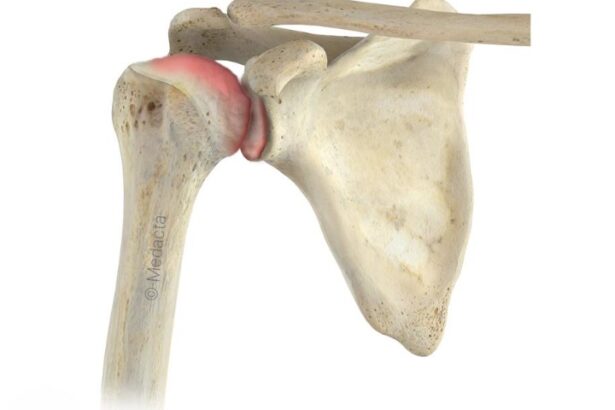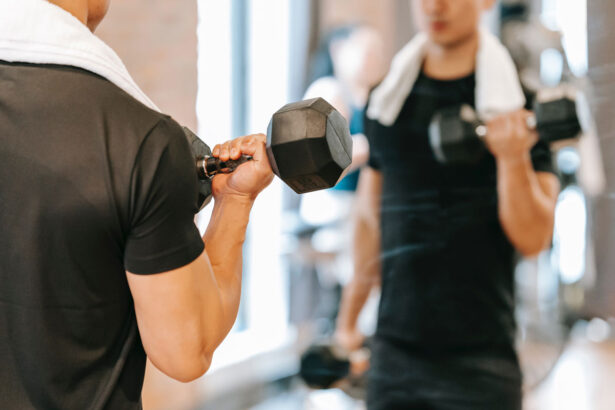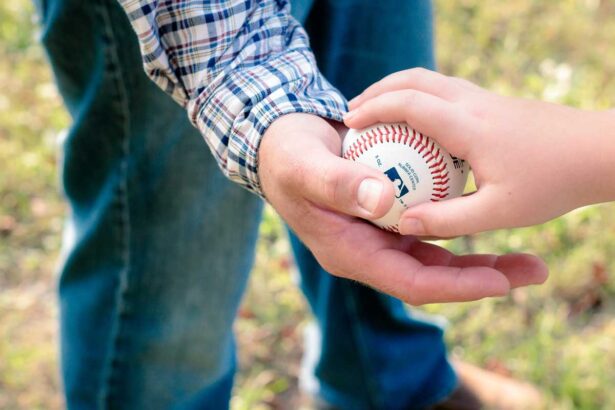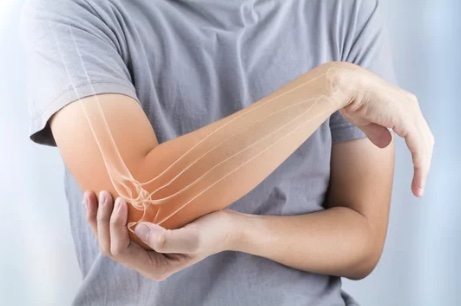
Your rotator cuff is made up of four small muscles arising from your shoulder blade. As these muscles travel from the shoulder blade towards your shoulder joint, they join forming one tendon that attaches to the ball portion of the ball and socket joint. Three of the muscles are located on the top and back of your shoulder, the other muscle is in the front of your shoulder. This complex is called a “cuff” because the tendons join to form a hood surrounding the joint.
These muscles are responsible for normal shoulder strength and stability.
Tears of the rotator cuff tendon are the most common shoulder injury. These tears usually occur at the attachment of the tendon to the bone rather than within the muscle. Rotator cuff tears can be painful and can often lead to weakness. Pain may result from the tear itself or bursitis that forms because of the tear. A full-thickness tear occurs when the tendon tear is complete, allowing some retraction of the tendon from the end to the bone. A partial-thickness tear is a tear which leaves a portion of the tendon attached. A partial-thickness tear is where some fibres of the tendon, usually on the deep surface, are torn such that the attachment is thinner than it was originally.
Causes of a rotator cuff tear
Rotator cuff tears can be the result of gradual wear and tear over time (degenerative tears). They can also be the result of an acute accident, such a fall, dislocation, or a wrenching injury to the shoulder. It is also possible to have a small degenerate tear that suddenly gets bigger following an injury.
Symptoms of a rotator cuff tear
A rotator cuff tear can cause a range of symptoms, including:
Pain: Pain in the shoulder, especially when lifting the arm or reaching overhead, is a common symptom of a rotator cuff tear.
Weakness: Weakness in the shoulder or arm is another common symptom. You may have difficulty lifting or carrying objects or have weakness when attempting to perform everyday activities.
Limited range of motion: A rotator cuff tear can cause limited range of motion in the shoulder, making it difficult to move the arm in certain directions.
Clicking or popping sensation: You may feel or hear a clicking or popping sensation in the shoulder joint when moving the arm.
Shoulder stiffness: You may experience stiffness in the shoulder, especially in the morning or after prolonged periods of inactivity.
Shoulder instability: In some cases, a rotator cuff tear can cause shoulder instability, which can make the shoulder feel loose or dislocated.
Treating rotator cuff tears
The treatment for a rotator cuff tear depends on several factors, including the severity of the tear, the patient’s age and activity level, and the patient’s overall health:
Conservative treatment: If the tear is small or moderate, conservative treatment may be recommended. This can include rest, physical therapy, and pain management with anti-inflammatory medication, corticosteroid injections, or other pain relievers.
Surgery: In cases where the tear is severe, surgery may be necessary to repair the damaged tissue. Surgery can involve open surgery or minimally invasive arthroscopic surgery. During the surgery, Dr Singh will reattach the torn tendon or muscle to the bone, using sutures or anchors.
Rehabilitation: After surgery, physical therapy and rehabilitation are important to help restore strength, range of motion, and function to the shoulder. A physical therapist will work with you to develop an exercise program that is tailored to their specific needs and goals.
It’s important to seek medical attention if you suspect you have a rotator cuff tear, as prompt treatment can help prevent further damage and reduce the risk of complications. During your consultation, Dr Singh can diagnose a rotator cuff tear and recommend appropriate treatment options based on the severity of the tear and your individual needs.
 Christmas Operating Hours
Christmas Operating Hours 



















